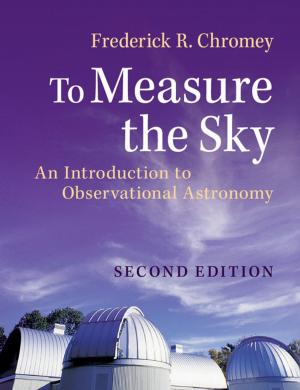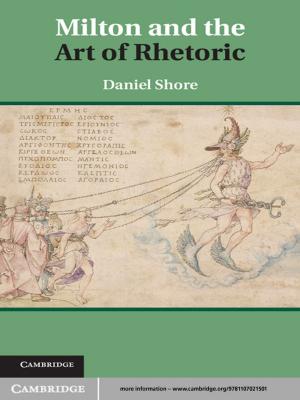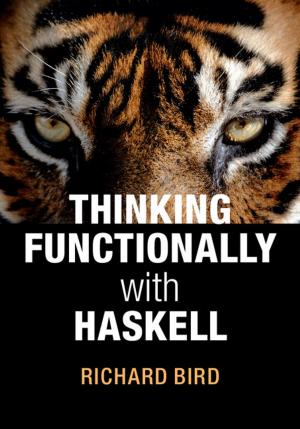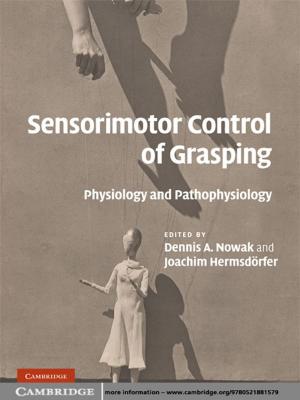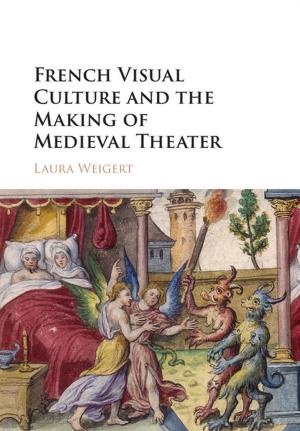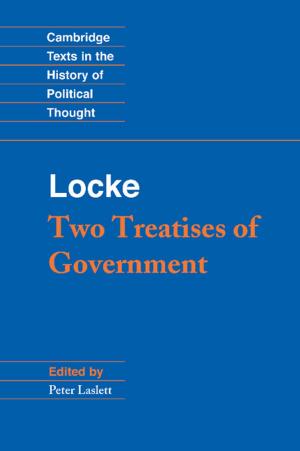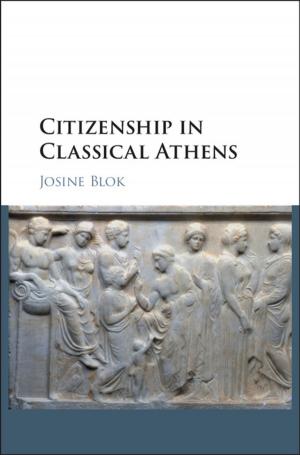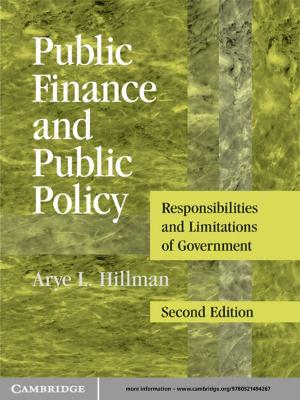Relative Clauses
Structure and Variation in Everyday English
Nonfiction, Reference & Language, Language Arts, Linguistics| Author: | Andrew Radford | ISBN: | 9781108595803 |
| Publisher: | Cambridge University Press | Publication: | June 20, 2019 |
| Imprint: | Cambridge University Press | Language: | English |
| Author: | Andrew Radford |
| ISBN: | 9781108595803 |
| Publisher: | Cambridge University Press |
| Publication: | June 20, 2019 |
| Imprint: | Cambridge University Press |
| Language: | English |
Using novel examples from live, unscripted radio/TV broadcasts and the internet, this path-breaking book will force us to reconsider the nature of everyday English and its complex interplay of syntactic, pragmatic, sociolinguistic and psycholinguistic factors. Uncovering unusual types of non-standard relative clauses, Andrew Radford develops theoretically sophisticated analyses in an area that has traditionally hardly been touched on: that of nonstandard (yet not clearly dialectal) variation in English. Making sense of a huge amount of data, the book demonstrates that some types of non-standard relative clauses have a complex syntactic structure of their own in which the relation between the relative clause and its antecedent is either syntactically encoded or pragmatic in nature, while others come about as a result of hypercorrection, and yet others arise from processing errors.
Using novel examples from live, unscripted radio/TV broadcasts and the internet, this path-breaking book will force us to reconsider the nature of everyday English and its complex interplay of syntactic, pragmatic, sociolinguistic and psycholinguistic factors. Uncovering unusual types of non-standard relative clauses, Andrew Radford develops theoretically sophisticated analyses in an area that has traditionally hardly been touched on: that of nonstandard (yet not clearly dialectal) variation in English. Making sense of a huge amount of data, the book demonstrates that some types of non-standard relative clauses have a complex syntactic structure of their own in which the relation between the relative clause and its antecedent is either syntactically encoded or pragmatic in nature, while others come about as a result of hypercorrection, and yet others arise from processing errors.

